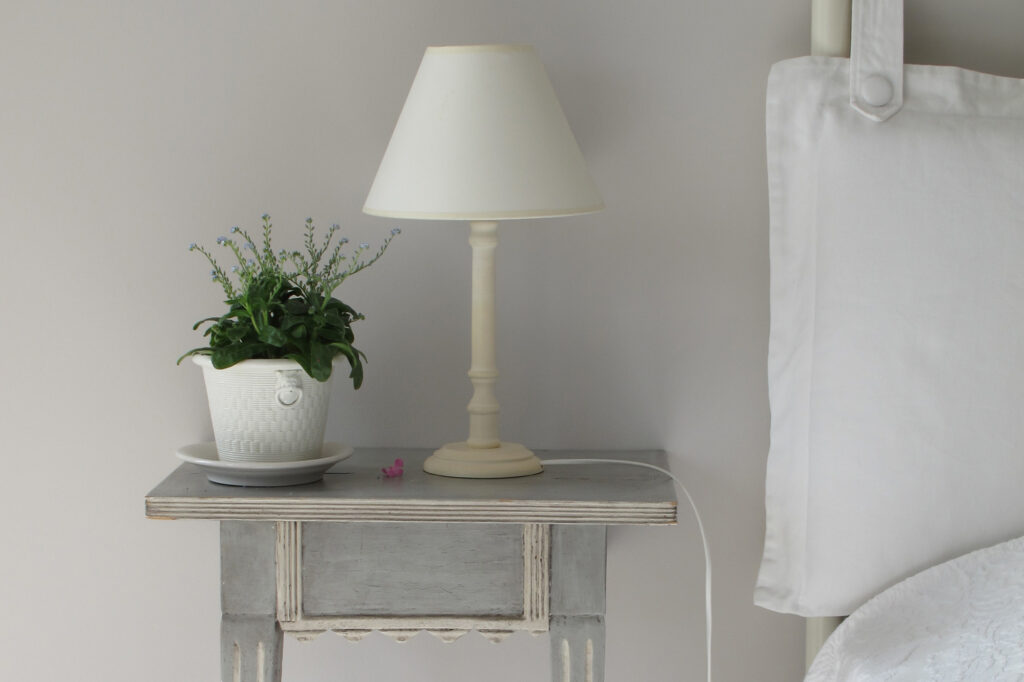Many people experiencing symptoms of Alzheimer’s are still able to live in the comfort of their own home. However, as the person’s symptoms progress, it is necessary to make some safety updates and changes to the home. This ensures the safety of the person and helps adapt the environment to their medical needs.
Inspect the home
Before determining what needs to be done to add safety measures to the home, it is important to first inspect it. This includes going from room to room looking for things that many pose a risk to the person with Alzheimer’s.
Hide hazards
Disguise any area of the home where the person should not be going without close supervision. This includes hanging murals over doorways to forbidden rooms or using folding doors to hide stairs, kitchen entrances and storage areas.
Install new locks
Another effective method to prevent access to a room is to install locks out of sight. This means putting them high up on the door, making it difficult for the person to find it. This should also be done to all exterior doors to the house to help prevent the person from getting out.
Check safety devices
Conduct an inspection of fire extinguishers, carbon monoxide detectors and smoke detector to ensure they are in working condition. Also, verify that all emergency phone numbers, such as police, fire departments, hospitals and poison control are kept visible and are easy to find when needed.
Install new lighting
Make sure that the home is well lit. This includes all walkways and rooms to help reduce the chances of becoming disoriented or tripping.
Remove weapons
Having a weapon in a home where a person with Alzheimer’s resides can be a dangerous thing. The person can injure themselves by playing with the gun or they may mistake a caregiver as an intruder.
Lock up medications
Place all medications in a drawer or cabinet that can be locked up. This will prevent the person from taking more medication than necessary because he or she forget they already took it.
With a little work, the home can be adapted to fit the needs of a person with Alzheimer’s disease. Even as their disease progresses, affecting their mind and physical abilities, these safety precautions can make it possible to still live in the comfort of their own home.
Learn more about how HealthStar Home Health can help care for your loved one with Alzheimer’s or dementia by calling us at 844-633-7344.

